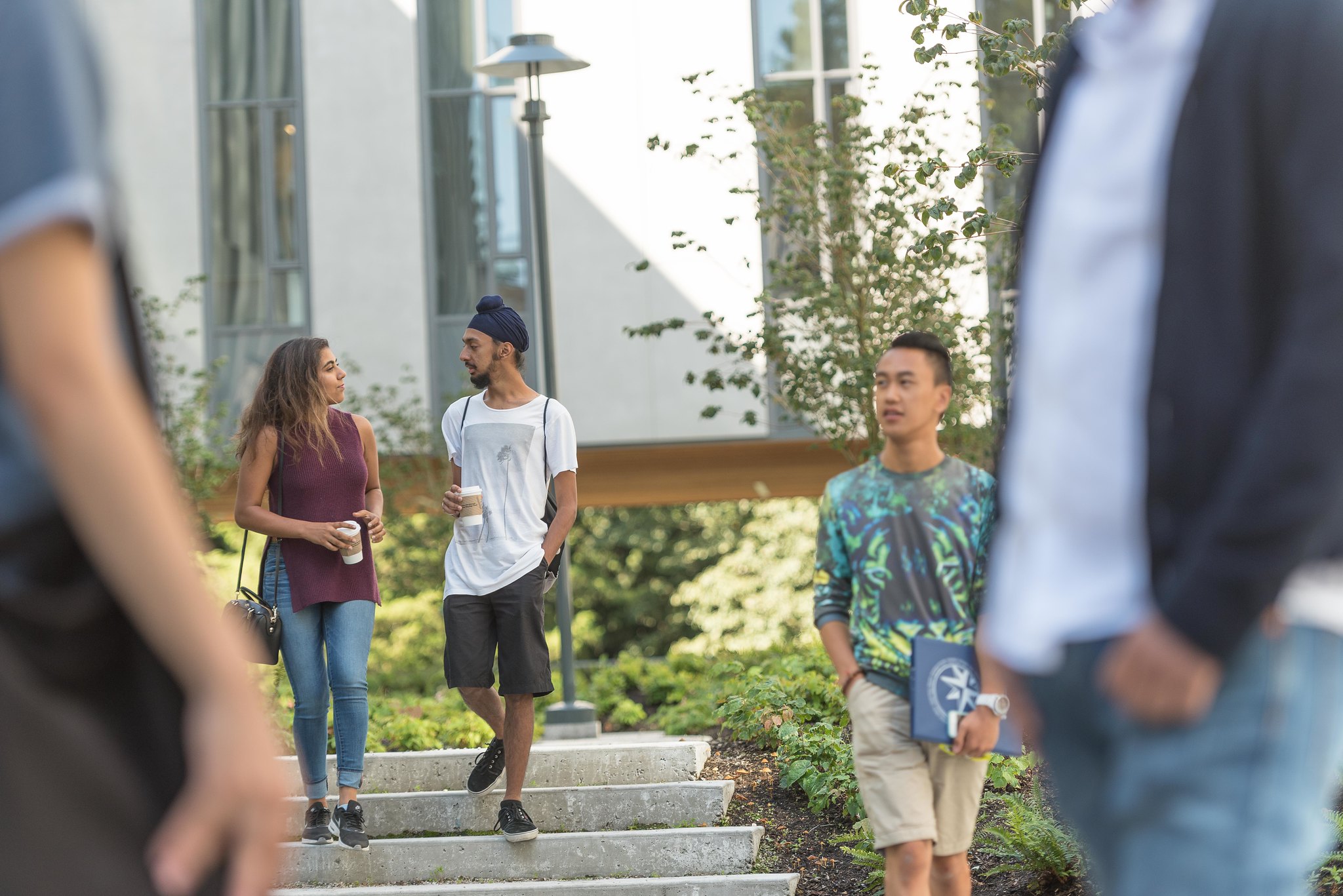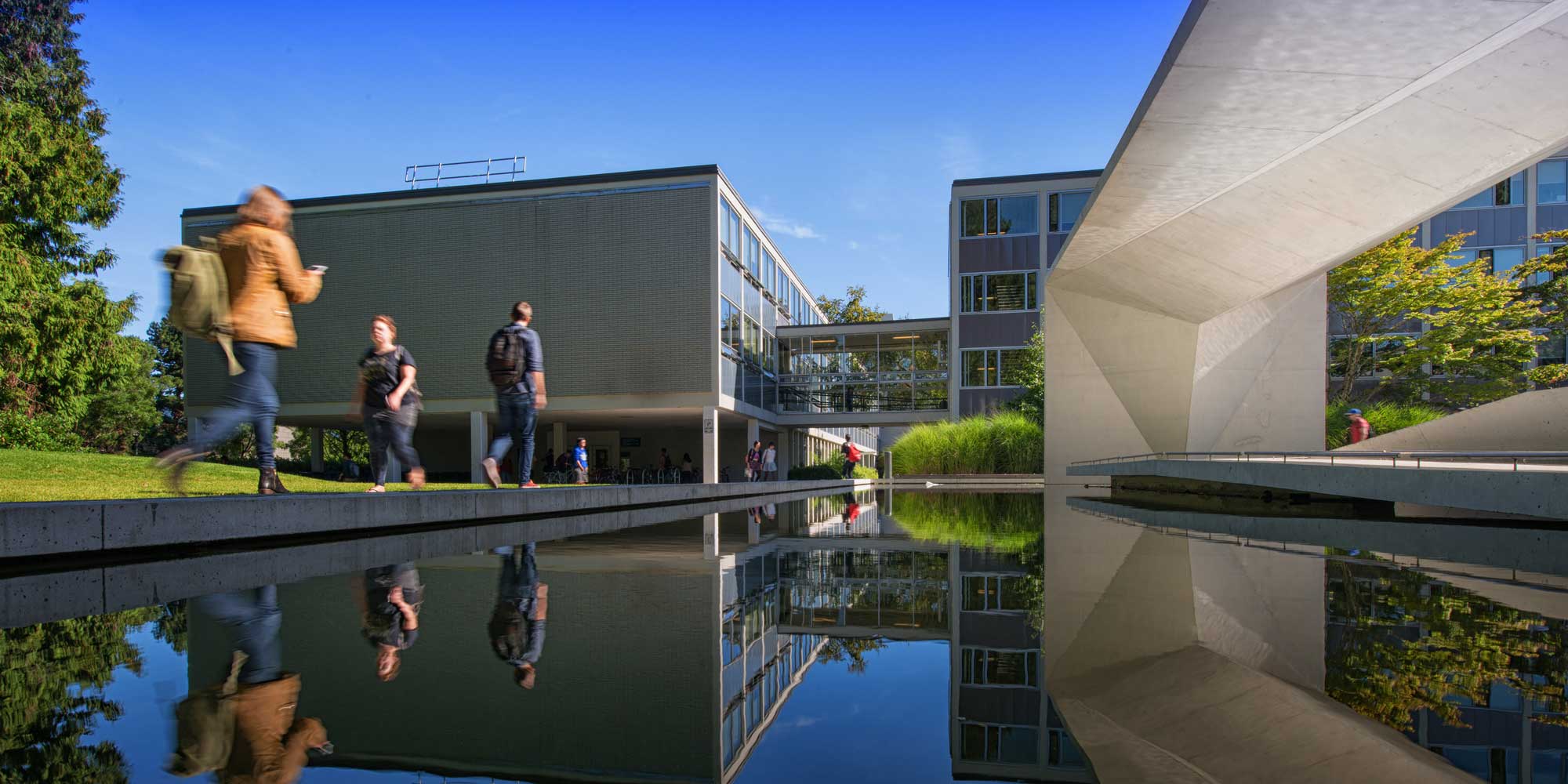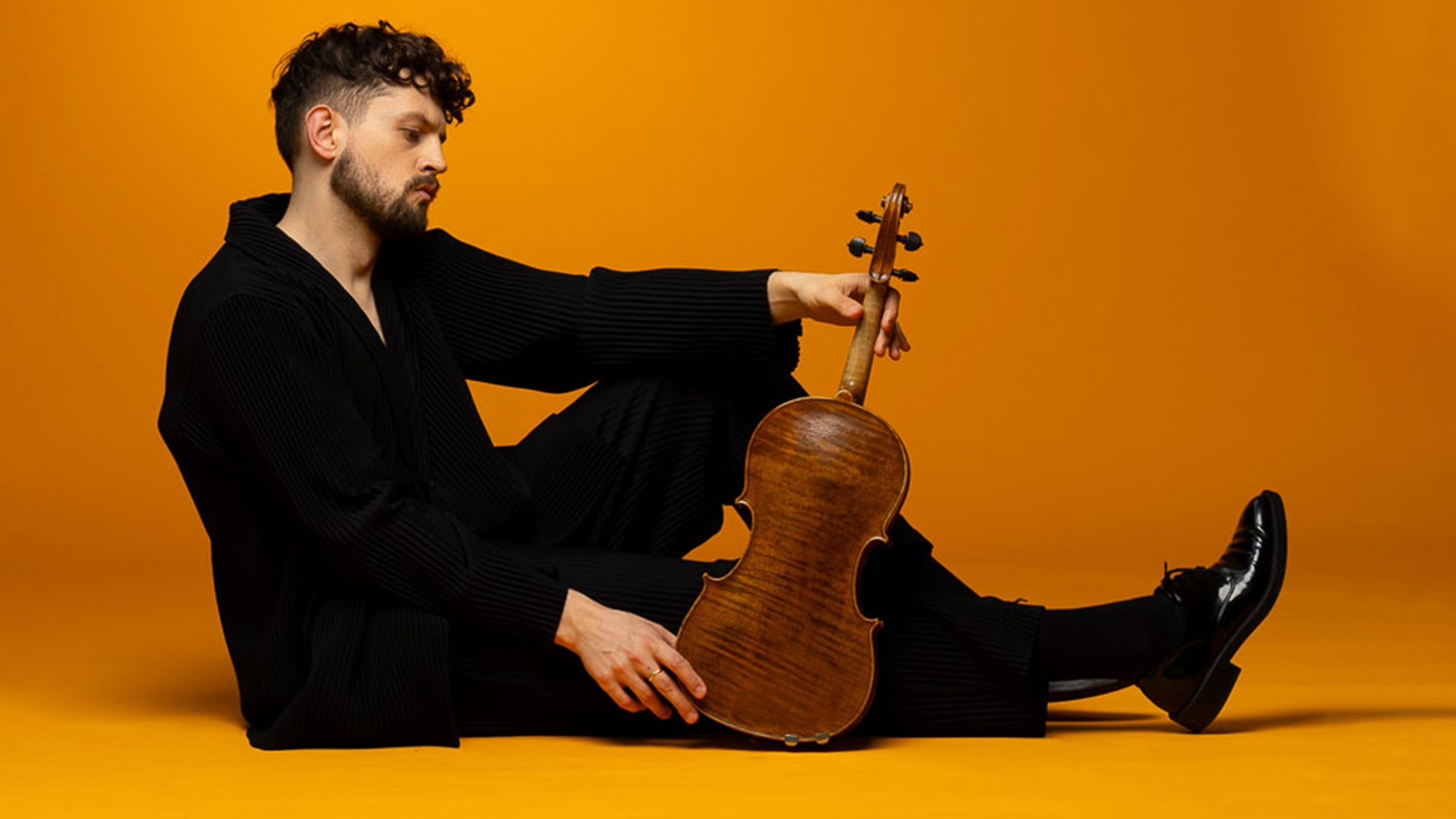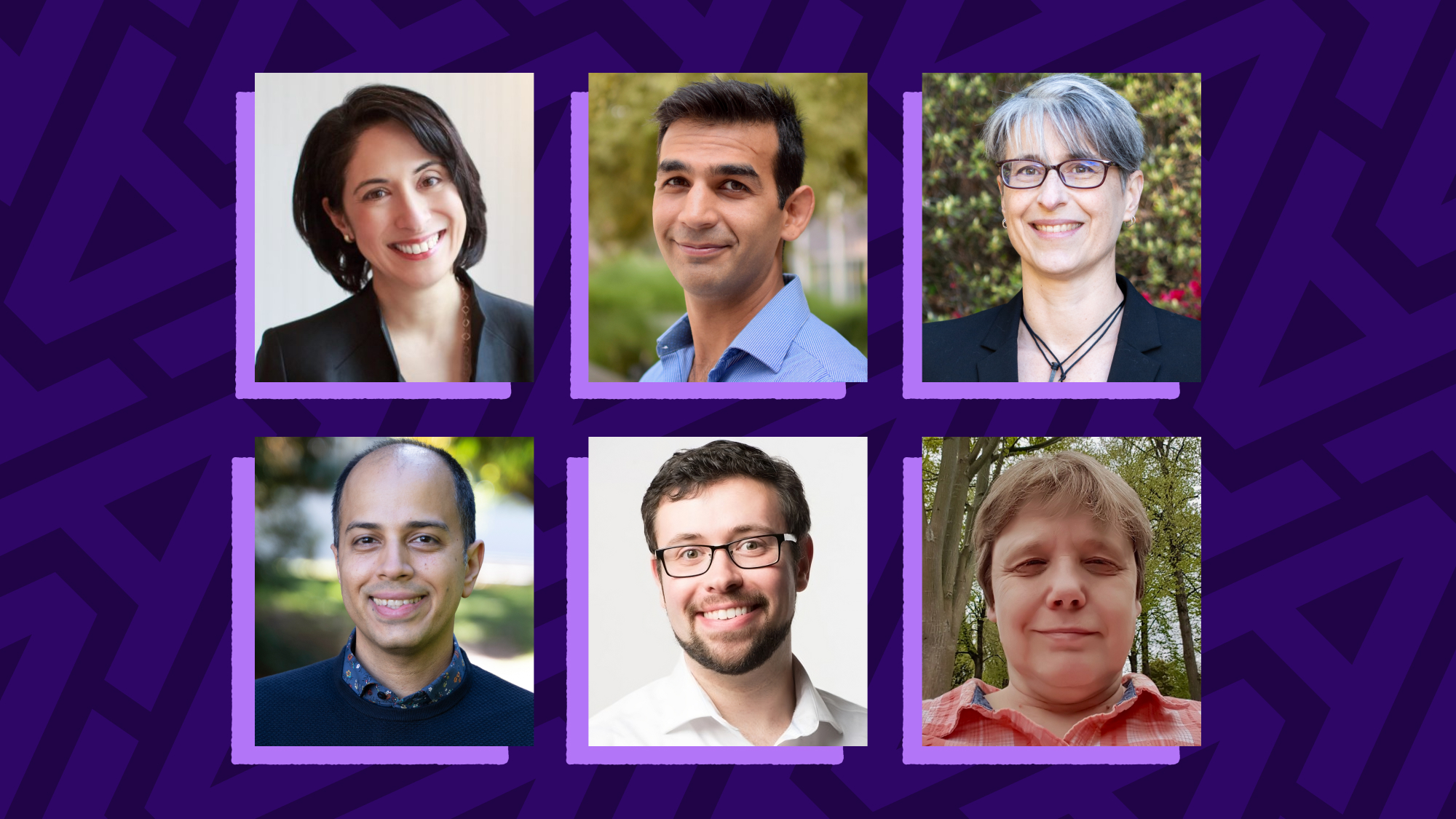

Congratulations to the six Arts faculty members who have been awarded the Killam Teaching Prize for 2023/2024. This prize is awarded annually to faculty nominated by students, colleagues and alumni in recognition of excellence in teaching.
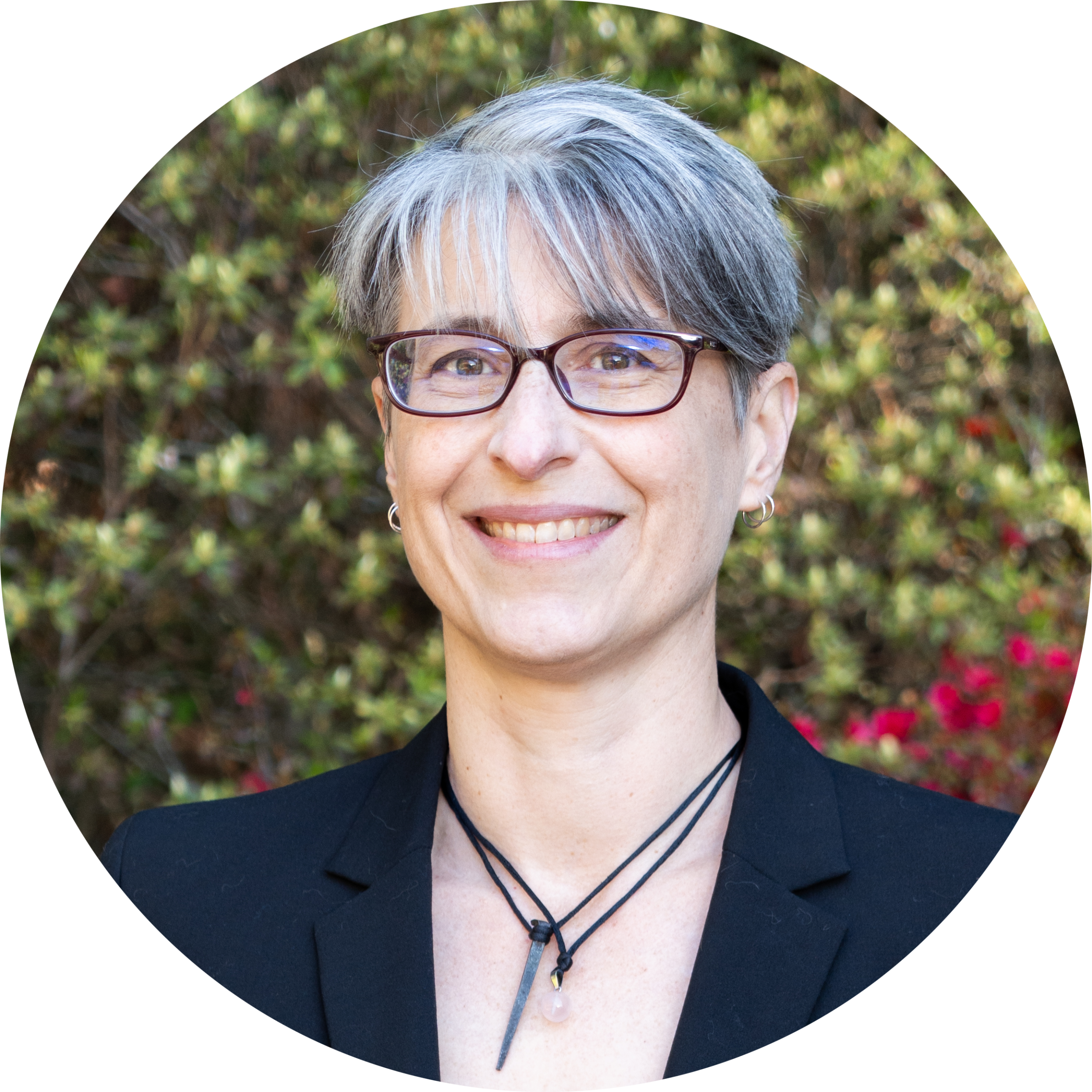

Image by Ritwik Bhattacharjee
Dr. Rebecca Carruthers Den Hoed
Assistant Professor of Teaching, School of Journalism, Writing, and Media
Dr. Carruthers Den Hoed joined UBC’s School of Journalism, Writing, and Media in 2020 and works in the Writing, Research, and Discourse Studies unit teaching scholarly communication and studying how different ways of ‘doing’ academic research ‘surface’ in scholarly texts. Her work focuses on how scholarly communication makes room for (or fails to make room for) different ways of knowing and being in the world.
As a high school drop-out herself, Dr. Carruthers Den Hoed often felt out of place and out of her depth as a student; she now focuses her teaching practice on making visible the often invisible patterns and practices that shape university life, to help students navigate the academy—either using well-worn communication pathways or carving new pathways that can help spur the university to change.
On what winning this prize means to her, Dr. Carruthers Den Hoed had this to say: “I work hard to foster a sense of community and belonging in my classes—to offer students a supportive and welcoming environment where they can explore, inquire, connect, and engage with different ways of being in the world. Apparently, I am on the right track. Now I can turn my students’ support into a promise to keep pushing myself to do better, to keep learning, to keep looking for new ways to support them in their learning.”


Dr. Daniela Hempen
Lecturer, Department of Central, Eastern and Northern European Studies
Dr. Hempen has been teaching undergraduate students at UBC for the past thirty years. Her courses include German language classes of all levels as well as Germanophone and Anglophone literature/culture courses focussing on the German speaking countries in the 19th-21st centuries. She attempts to design and deliver courses that are authentic, supportive, relevant, and memorable. As a full-time lecturer, she particularly enjoys the opportunity to spend quality time ‘being with’ her students. Her most important goal and greatest pleasure are to create a vibrant, diverse, and inclusive intellectual home for her students – in her classroom, in her office, and through the many extra-curricular activities offered in her department, the ‘CENEverse,’ on the ninth floor of Buchanan Tower.
On receiving this award, Dr. Hempen says, “I am very proud and honoured to have been selected for this prestigious award. I am also immensely grateful to my many devoted students and to my colleagues, who helped me reach this milestone. To have received this recognition in my thirtieth year of teaching at UBC makes it a particularly significant and memorable gift.”
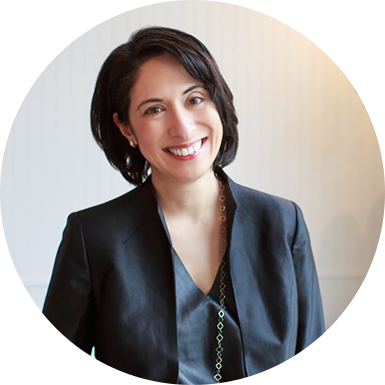

Dr. Minelle Mahtani
Associate Professor, Institute for Social Justice
Dr. Mahtani held the role of the Senior Advisor to the Provost on Racialized Faculty where she supported the recruitment and retention of racialized faculty. She is also a former national television news journalist at the CBC and was previously a journalism and geography professor at University of Toronto. She has been hosting a radio show at Roundhouse Radio, 98.3 Vancouver for the last three years. Her show was unapologetically anti-racist and feminist in its approach, focusing on the stories of systematically disadvantaged communities. The show won four awards, including a Canadian Ethnic Media Association award for building relationships between ethnic communities and Indigenous communities, and a British Columbia Association of Broadcasters award for best community service reporting. She is the author of “Mixed Race Amnesia: Resisting the Romanticization of Multiraciality” with UBC Press.
“I am humbled to be a recipient of the Killam Teaching Prize, she shares. Almost exactly twenty years ago to the day, I received word that I had won a Killam postdoctoral fellow at UBC, so it feels particularly meaningful to receive this award in the Killam family name again. It is gratifying to see that my approach to teaching – which focuses on asking anti-colonial questions – has been received so warmly by my students. I want to offer a sincere thank you to my colleagues, TAs and most of all my incredible students for supporting my nomination. I appreciate the chance to learn with and alongside you.”


Dr. Matthew M. McCarty
Assistant Professor of Roman Archaeology, Department of Ancient Mediterranean & Near Eastern Studies
Dr. McCarty is an archaeologist who studies the intersections of religion, marginality, and material culture in the provinces of the Roman Empire. He regularly teaches courses on the social history of Roman art, on ancient technology, and on decolonising archaeology on the fringes of empire. For him, archaeology is fundamentally about how lived relationships—among people, among people and things, among pasts and presents—shape experience and understanding, how these relationships create and challenge systems of power. Both his research and teaching reflect these principles, and focus on issues of community-making, practice, and the multi-sitedness of learning.
Since 2013, Dr. McCarty has directed two archaeological excavations in Transylvania that have trained American, Canadian, and Romanian student-archaeologists in cutting-edge field techniques. From 2018, he led a four-year project of Undergraduate Program Evaluation and Renewal in Ancient Mediterranean and Near Eastern Studies. The new curriculum he worked to develop offers students opportunities to build individualized, reflexive, and cross-disciplinary pathways within a wider community of learners.
Dr. McCarty shares, “I am incredibly honoured, and so grateful to the students and colleagues who nominated me and who have helped me develop as a teacher. I have learned so much from them and alongside them! Sharing the excitement of discovery and building understanding together is one of the most rewarding parts of my work.”
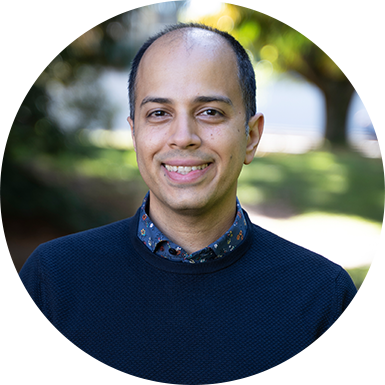

Dr. Amir Shiva
Assistant Professor of Teaching, Department of Anthropology
Dr. Shiva is a media and linguistic anthropologist with an interest in exploring the transformative impact of media practices on individuals and communities. He examines how, in a ubiquitously mediated world, creativity in media practices shapes personal identities and influences broader social dynamics. He has been teaching at UBC since 2018. In addition to anthropology’s core courses, he teaches Anthropology of Media and Ethnographies of the Middle East. In his teaching, he encourages active participation and ownership by integrating student-generated course materials to enhance accessibility and inclusion. He prioritizes connecting theoretical concepts to real-world applications and equipping students with both theoretical knowledge and practical skills for their personal and professional development.
Dr. Shiva says, “I’m deeply grateful and honoured to receive the Killam Teaching Prize. It’s inspiring to see my approach to teaching, centered around advancing accessible and inclusive pedagogical practices guided by a commitment to equity and empowerment, is recognized. This honour motivates me to continue on this path. I’m immensely thankful to my current and former students, teaching assistants, and colleagues for providing unwavering support and inspiration, and for their nomination.”
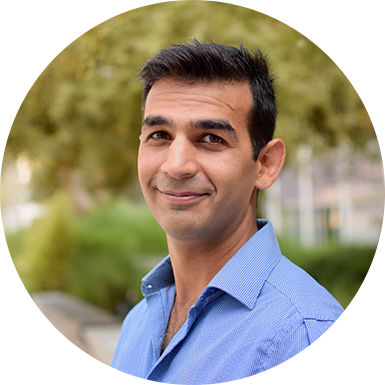

Dr. Pheroze Unwalla
Associate Professor of Teaching, Department of History and Chair, Middle East Studies
Dr. Unwalla has worked to establish Middle East Studies at UBC, both in terms of building an interdisciplinary program and cultivating a growing community of faculty, students, and staff. In his pedagogical work, he has developed emotionality and critical hope interventions as well as Students as Partners (SaP) approaches to productively unsettle the History and MES classrooms, and foster more equitable and ethical modes of knowledge production and dissemination. His teaching and research also aim to efface contrived boundaries between academia and activism, pushing students to disavow veneers of ‘neutrality’ and seek higher purpose in scholarly labour.
“This award means so much to me,” says Dr. Unwalla. It is recognition of a lot of hard work on something I believe can be truly transformative (teaching). But it is also a reminder of the amazing students, mentors and colleagues who have made it all possible. I am truly grateful to them.”
